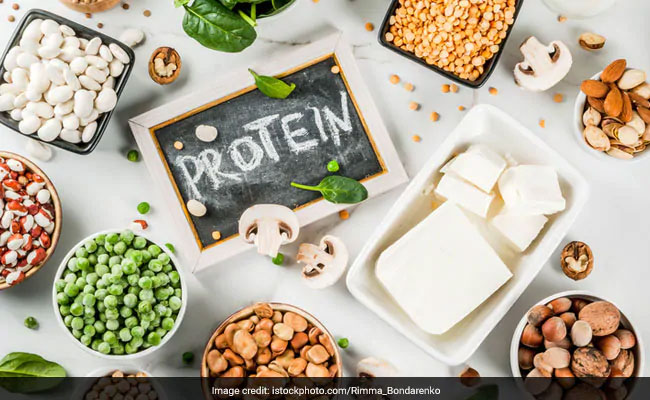The many benefits of protein have been well-researched and proven in medical studies. In fact, it is extremely essential to include adequate amount of protein throughout the day for your physical wellbeing, to repair muscles, manage blood sugar levels, to provide immunity and strength and help in weight loss. If you don't consume enough protein on a day to day basis, it can lead to several health problems. Look for these symptoms as they are indicators of insufficient dietary protein:
1. Poor mental focus
2. Lethargy and Fatigue
3. Slow recovery from cold and sore throat
4. Food cravings
5. Muscle weakness
6. Weight gain
It is extremely important to know the quality and quantity of protein needed on daily basis. The highest quality of protein is that, which includes all the essential amino acids and is bio-available to the human body. Of all the essential amino acids, the following four are critical for strength and recovery - Valine, Leucine, Isoleucine and Glutamine. A decline in any of these can lead to fatigue and muscle wastage. Here are some natural sources of protein for balanced nutrition.
1. Eggs
Research suggests that egg protein is highly bio-available and both the egg white and the yolk help support muscle building and strength. Eggs are abundant in leucine, one of the most essential amino acids. Try including Omega-3 enriched eggs which contain 6 grams of protein in 1 egg. Also, recent human studies have confirmed that eggs do not increase your risk of cardiovascular diseases.
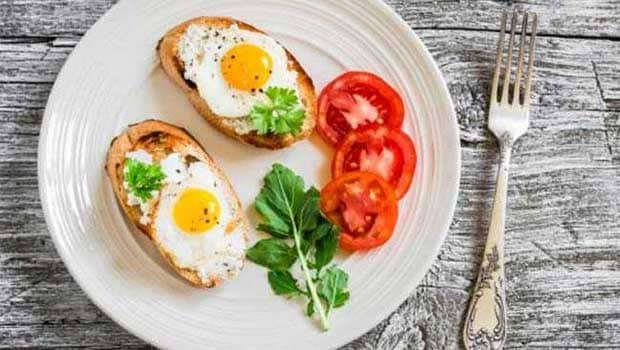
2. Paneer or Cottage Cheese
Around 15 grams in half a cup of paneer is a great way to up your protein and most Indian families would love to include it in their diets. It is especially beneficial as a late-night snack.

3. Dahi or Yogurt:
Yogurt provides around 23 grams of protein per bowl plus the added benefits of gut friendly bacteria and bone-strengthening calcium.
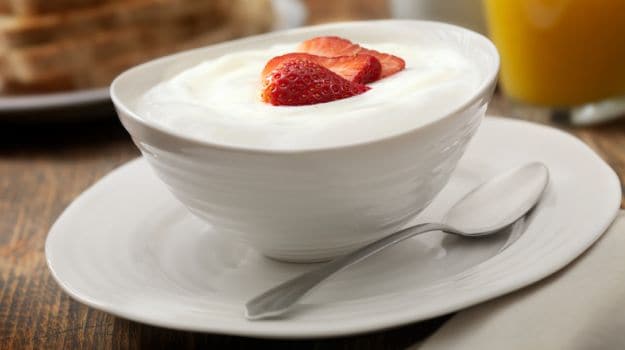
4. Milk
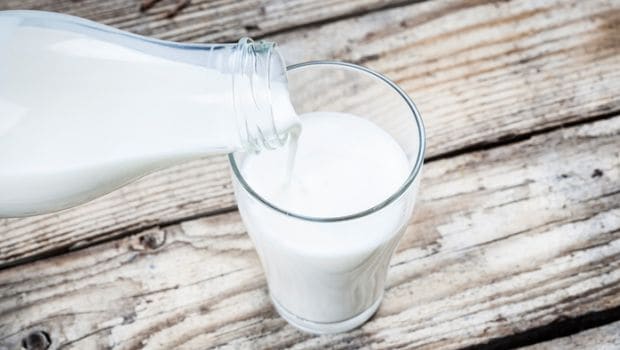
5. Fish and seafood
They are the most healthful foods you can consume. They are great for athletes and people who are recovering from an ailment as they are enriched with Omega-3 fatty acids known as EPA and DHA. The Indian Tilapia fish is a wonderful brain and muscle food. You can also include sardines, salmon, mussels, shrimps, red-snapper, and oysters for their high protein and mineral content.
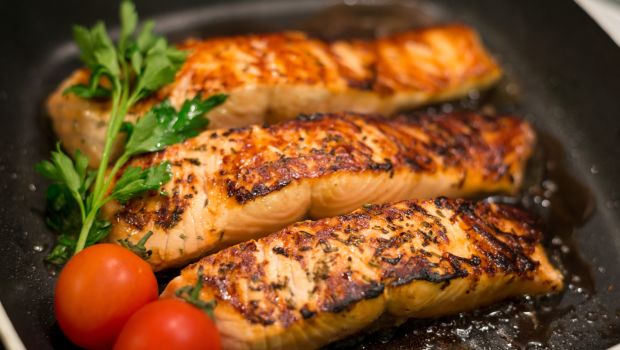
6. Chicken
Go for the organic chicken that is raised naturally. A broth made with chicken bones is a powerhouse of good quality proteins and collagen to build and repair your muscles.
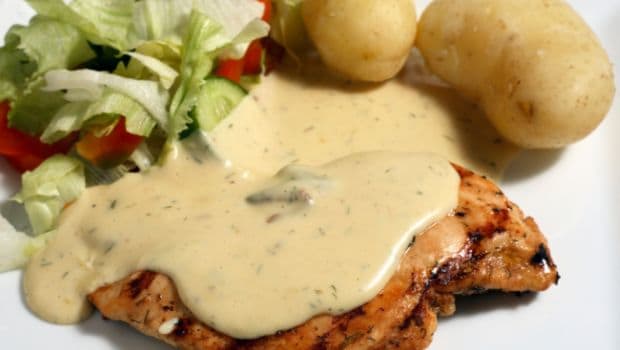
7. Lentils
Lentils need to be combined with rice, wheat, or corn to make it a complete protein with an abundant dose of all essential amino acids. So, thumbs-up to dal and rice as an excellent source of protein for vegetarians. Also, sprouts are a great way to get easily absorbable protein with fibre and B and C Vitamins to build immunity.
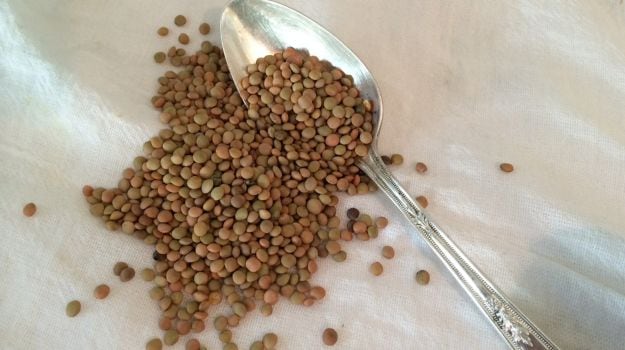
8. Red meat
Lean goat or lamb meat that is commonly eaten in our country is a major source of protein plus an excellent source of Iron and Zinc. Women of childbearing age must include this superfood in their diet if they are non-vegetarian.
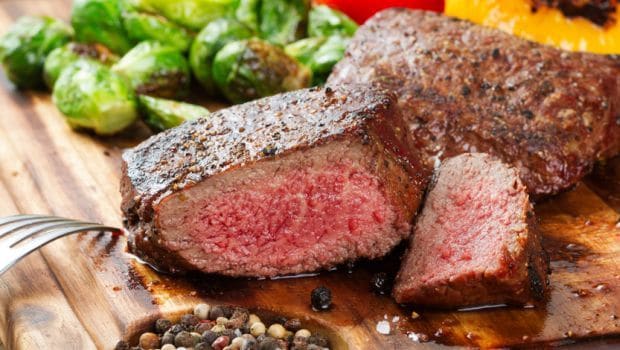
9. Nuts and seeds
These great snacks to add protein to your daily diet include peanuts, cashews, almonds, walnuts and seeds like pumpkin, chia, flax, and sunflower. Remember not to heat or roast the seeds as this kills the healthy fatty acids they contain. Also, do not buy processed and packaged nuts as they are full of sodium.
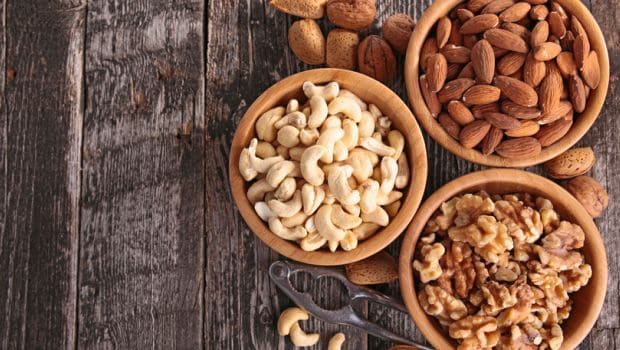
10. Green peas
One cup of green peas contains 7.9 grams of protein which is almost the same as a cup of milk. So, vegetarians can enjoy a sabzi like matar-paneer and load up on their daily protein requirement.
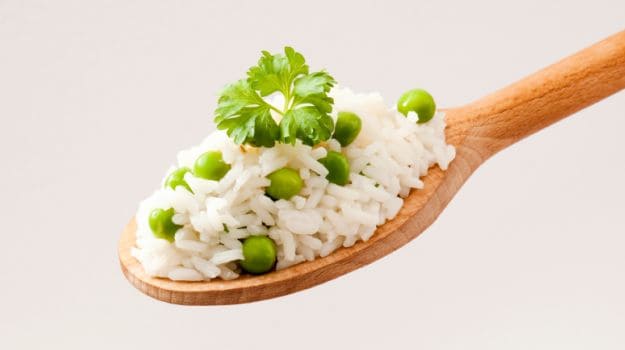
11. Amaranth
Native to India, amaranthladoos and other such treats have been a part of our diet for a long time. This Indian grain is abundant in magnesium, manganese, phosphorus and iron and provides 9 grams of protein in a cup of cooked grains.
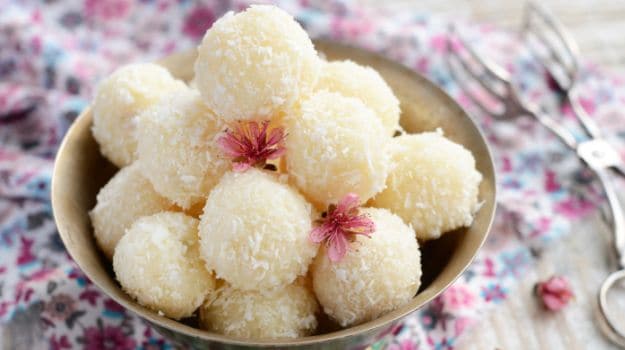
These are few useful protein choices you could add to your daily diet whether you want to build muscle, prevent disease, boost immunity or simply lose weight. You must get your daily protein requirement that is around 46 grams for an average woman and 56 grams for men. Your daily requirements change if you are super active or an athlete.
About the Author
Shilpa Arora ND is a renowned Health Practitioner, Nutritionist and certified Macrobiotic Health Coach. She has to her credit Doctorate in Natural Medicine. She is currently based in Delhi NCR region, successfully running her Nutrition Studio with individual consultations, offering life style programs supported by the most up-to-date clinical research.
Disclaimer: The opinions expressed within this article are the personal opinions of the author. NDTV is not responsible for the accuracy, completeness, suitability, or validity of any information on this article. All information is provided on an as-is basis. The information, facts or opinions appearing in the article do not reflect the views of NDTV and NDTV does not assume any responsibility or liability for the same.









